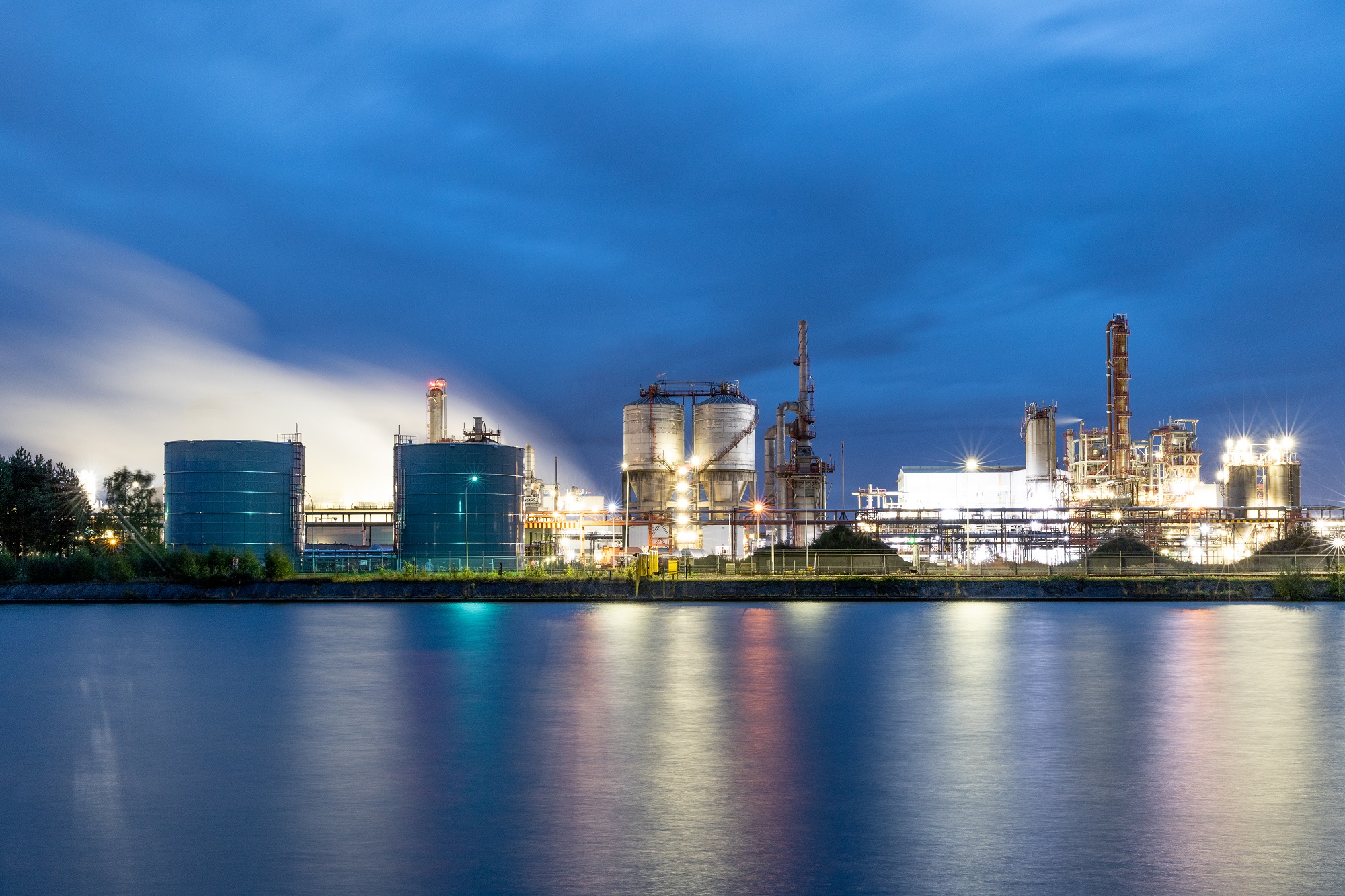New cobalt removal unit
INEOS Aromatics is investing heavily in a new, industrial size wastewater treatment unit in Geel, Belgium, that will deploy proven and pioneering cobalt emissions removal technology at scale for the first time in the PTA industry.
When installed, the technology will reduce cobalt levels in wastewater discharged to the Grote Nete River from 300–400 µg/l* to below 50 µg/l. This will help reduce cobalt concentration in the Grote Nete River from historic levels of 30µg/l to approximately 6 µg/l.
Following an initial pilot phase, the project is now in the engineering stage and is due to be completed by the end of 2026. When operational, it will set new, best in class standards for the global PTA industry and help Flanders to meet the stringent environmental quality standards it has set under the EU water directive.
The investment builds on the site’s long term track record of continuously improving cobalt discharge.
*µg/L = micrograms per liter
Reflux water
Our PTA plant in Geel has a water stream containing acetic acid and heavy organics that is normally sent to the waste treatment to remove pollutants before the wastewater is discharged into the environment. The Geel team is instead redirecting ~30 ton/h of this waste stream to its distillation tower.
Distillation towers separate mixtures of liquids such as chemical compounds into their individual components based on their boiling points – in this case, the tower is used to separate the water from the organics. The water is then reused in the process, replacing the use of fresh, high purity demineralized water (or ‘demin water’) that ensures the quality of the final product.
The acetic acid and heavy organics are also reused in the oxidation reactor, a critical part of the PTA manufacturing process.
This method enables the team to produce high quality end products while reducing the use of fresh water and additional materials.
Water recycling capabilities
Deionized (DI) water is crucial in chemical manufacturing due to its high purity. It is water that has had all its ions removed, including cations like sodium and calcium, and anions such as chloride and sulfate. This purity is essential in the manufacturing process to prevent contamination and ensure product quality.
In our PTA* production process, DI water is required for process steps where water is in direct contact with the products. In particular, crude terephthalic acid is dissolved in DI water to separate impurities during the crucial purification stage, which ensures the PTA meets the required purity standards for producing important end goods.
The step out technology deployed across our production assets in the US, Europe and Asia includes water recycling capabilities that enable us to reuse water that would otherwise become waste. These recycling processes can remove contaminants from waste streams to achieve a sufficient purity for reuse and repurpose waste water from one system to become the source water for another system with different purity requirements.
This recycling process helps to reduce DI water consumption and waste water generation while maintaining the quality and efficiency of the manufacturing processes.
*purified terephthalic acid
Water optimisation in Merak, Indonesia
Desalination plants play a vital role in manufacturing, removing salt and other impurities from sea water to provide a reliable, sustainable source of ultra-pure water needed for production processes, cooling and heating systems, and as a feedstock for chemical reactions. The Merak team has taken steps to minimise the desal discharge (the water that remains after the sea water is desalinated) by optimising the amount of water its desalination plant produces, reducing desal water/T-PTA consumption by 9% .
Other related optimization actions include:
- By optimizing the operation of desalination deaerator and hot blowdown phase of the desalination plant, the team reduced the use of sea water in the desalination system by 19% in 2024 compared to 2023. The desalination deaerator dissolves gases from the water and the hot blowdown phase removes hot liquid or vapor from the system to reduce pressure and remove contaminants
- By optimizing the operation of the BHS rotary pressure filter, which separates solids from liquids in high solids slurries, the team reduced the use of the fresh, high purity demineralized water (or ‘demin water’) that ensures the quality of the final product by 7%
Despite some other seawater usage also increasing due to higher production rates, the above improvements reduced overall seawater.
